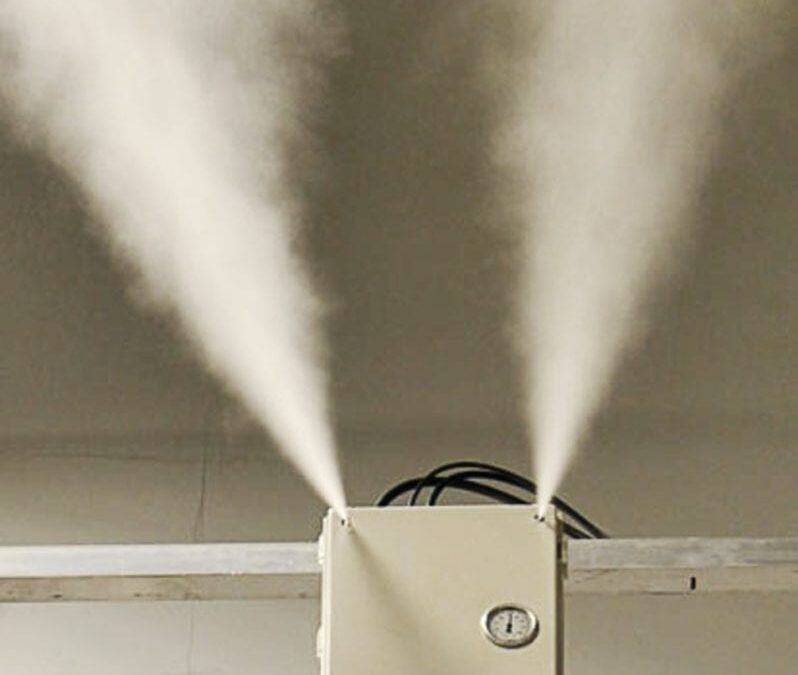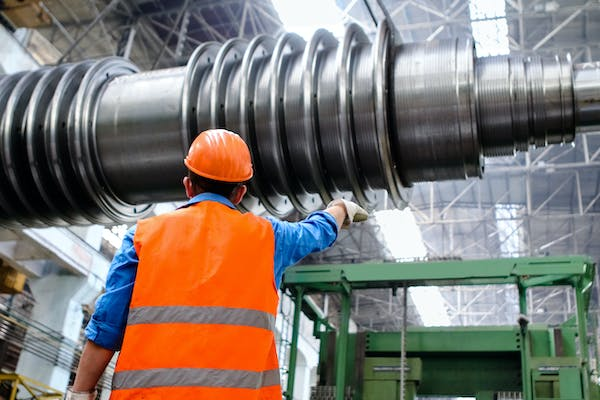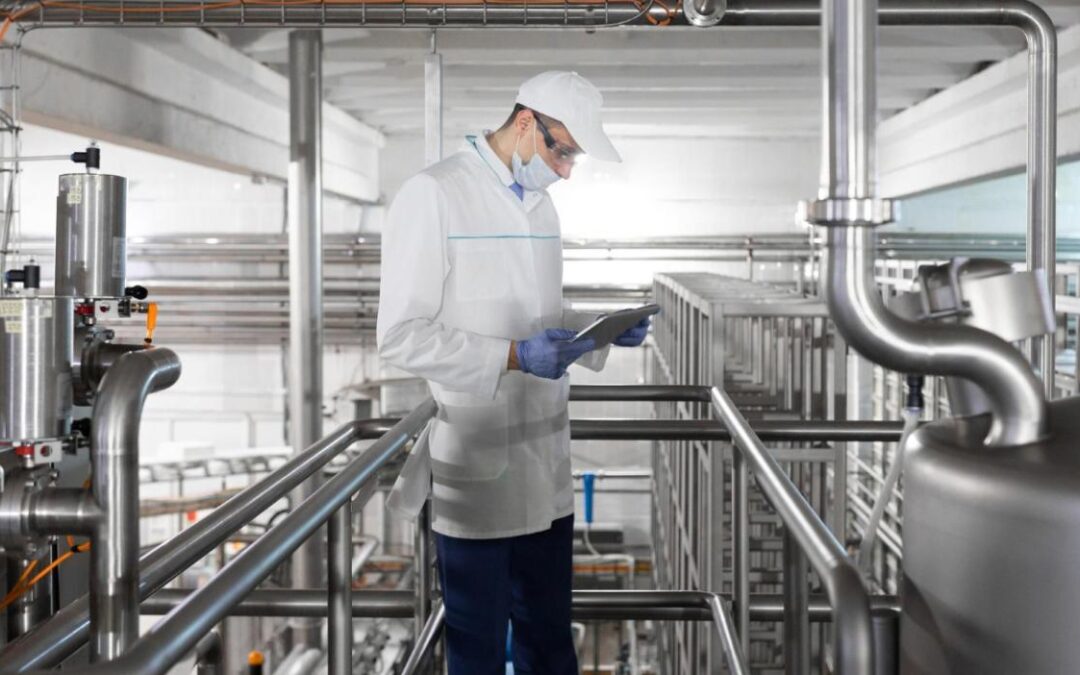Ask any seasoned wine aficionado and they’ll agree: climate control is an important step in maintaining a healthy wine cellar. Subtle nuances in temperature and humidity can ruin an otherwise perfect bottle, or barrel, of wine. To learn more about this phenomenon and how to prevent it, keep reading.
The single most influential element in the long-term storage of wine is temperature. When wine is stored in environments warmer than 72 degrees Fahrenheit, there’s a high chance of it spoiling. The warmer temperatures promotes new chemical processes known as oxidation. As the oxidation occurs, it transforms the existing compounds to create additional chemicals, some of which may possess a bitter or sour taste.
So, what’s the proper temperature in which to store wine? It really depends on the particular variety, as white wines are generally stored at a cooler temperature than reds. Familiarize yourself with the different varieties to find out which temperature is best suited for your wine. A climate between 50 and 59 degrees Fahrenheit may work well for most white varieties, but red wine may store better in a slightly warmer climate of 55 and 64 degrees.
Another element to consider when storing wine in a cellar (or any other area) is humidity. If there’s not enough moisture vapor in the air, the wine bottles’ corks may dry out and even crack. This isn’t going to happen overnight, but months of storing wine in a low-humid environment can and will damage the cork. And when the cork is damaged, it will allow air to enter the wine; thus, promoting the destructive effects of oxidation.
Thankfully, there are some steps you can take to protect your wine from the destructive effects of humidity-caused oxidation. One simple yet effective preventive measure is to store your wine bottles on their side. Doing so exposes the interior section of the cork to the wine, giving it a natural barrier of protection against drying out. This alone isn’t going to protect your wine corks from excessively dry air, however, so you should take additional measures to protect your investment.
If you really want to ensure your wine cellar is safe and suitable for long-term storage, you should invest in a humidifier. These devices are designed to monitor the relative humidity (RH) of the surrounding air, and when necessary, release moisture vapor. You can rest assured knowing that your wine is safe from the effects of dry out with a proper humidifier in place.





